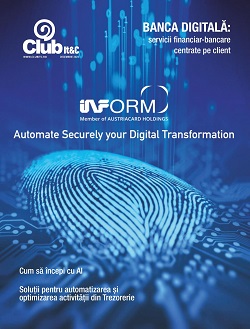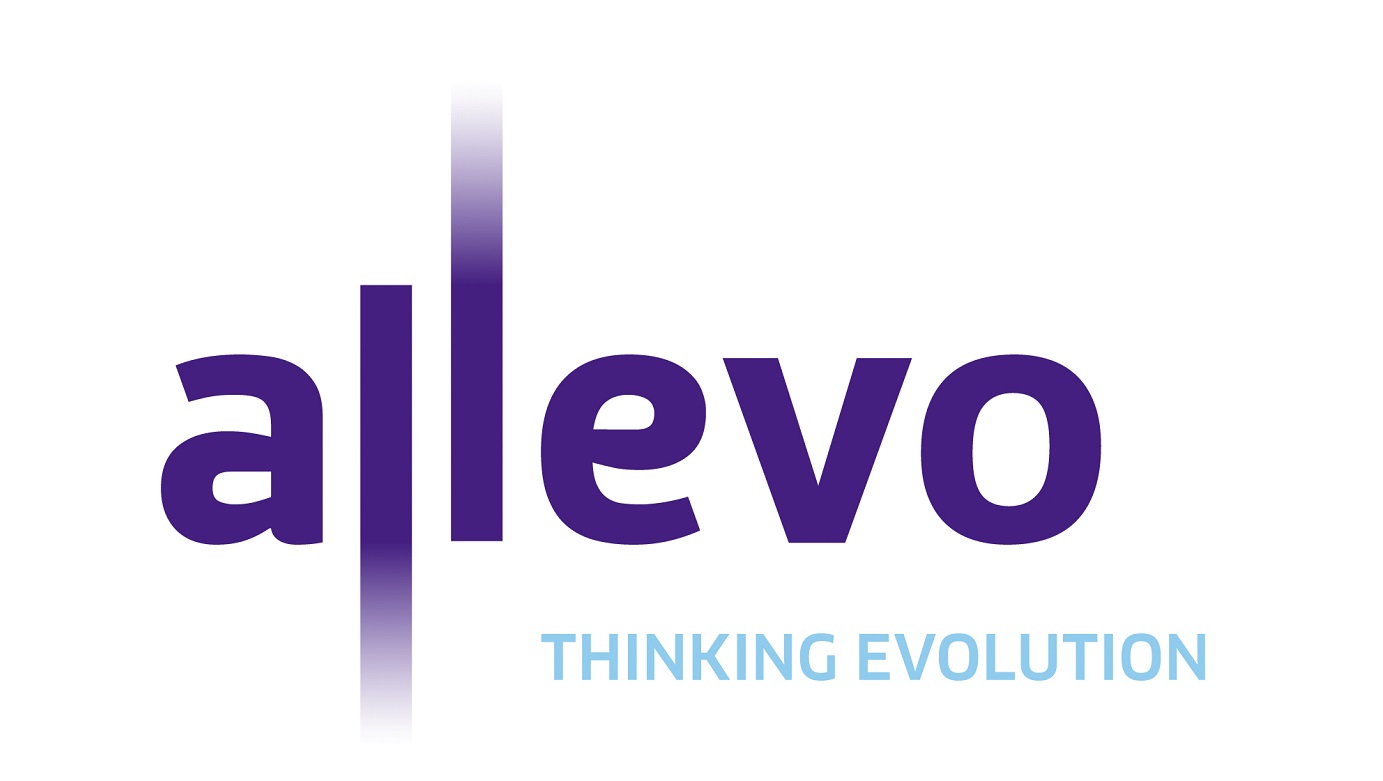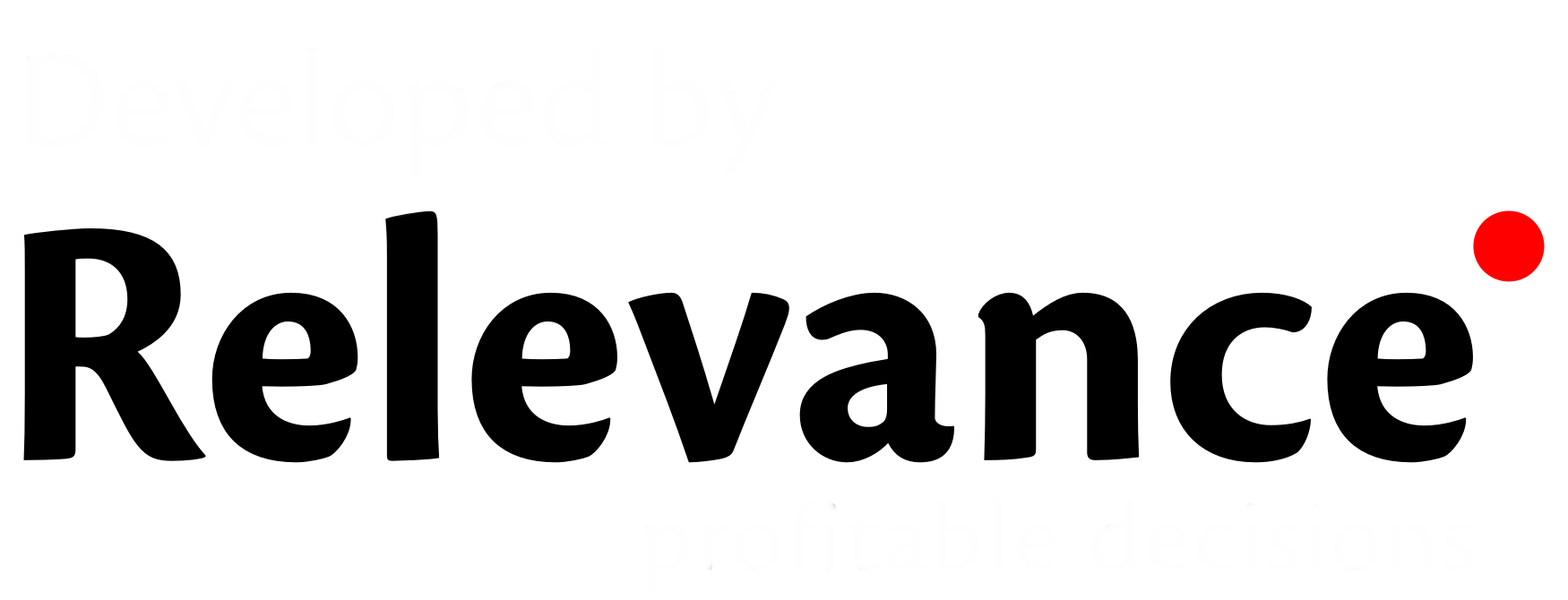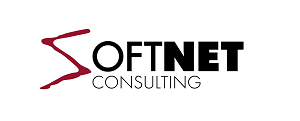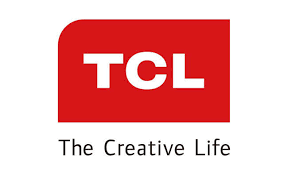 Vodafone Romania was certified ISO 50001: 2018 which confirms the efficiency and the performance of the energy management system in Vodafone Romania’s data centers in Bucuresti, Cluj, Timisoara, Brasov, Constanta, Bacau and Craiova. The certification was issued by Lloyd’s Register Quality Assurance certification body following an audit conducted in March.
Vodafone Romania was certified ISO 50001: 2018 which confirms the efficiency and the performance of the energy management system in Vodafone Romania’s data centers in Bucuresti, Cluj, Timisoara, Brasov, Constanta, Bacau and Craiova. The certification was issued by Lloyd’s Register Quality Assurance certification body following an audit conducted in March.
„The care for the planet and reducing the environmental impact of Vodafone’s operations is at the core of our concerns. ISO 50001: 2018 certification is another important milestone in our efforts to reach “zero” carbon footprint by 2040 and reflects the long work, consistency and determination of the Vodafone team to make the energy consumption as efficient as possible”, said Catalin Buliga, Chief Network Officer of Vodafone Romania.
The measures taken so far by Vodafone Romania to reduce the impact on the environment and ensure a green, sustainable future include:
• Using 100% green energy for all Vodafone activities in Romania
• Advanced, energy-efficient cooling technologies in Vodafone data centers
• Use of solar energy to generate electricity for operating Vodafone network
• 100% recycling of redundant network equipment
• The first Smart Forest in Romania to prevent illegal logging
• Introducing half-sized SIMs to reduce the plastic consumption
• Developing WEEE collection and recycling programs and refurbished phones sale programs.
Within Vodafone Group the goal is to completely eliminate carbon emissions from indirect sources by 2040, 10 years earlier than the original target.
In order to reach “net zero”, the company has set a series of medium and long term objectives as part of the Planet pillar supporting the Vodafone purpose. These targets include the reduction of greenhouse gas emissions from own activities and energy purchased and consumed by 50% by 2025 and in full by 2030. Vodafone also pledged that by 2030 it will halve the carbon emissions from indirect sources – including joint ventures, all supply chain purchases, the use of products it has sold and business travel.



